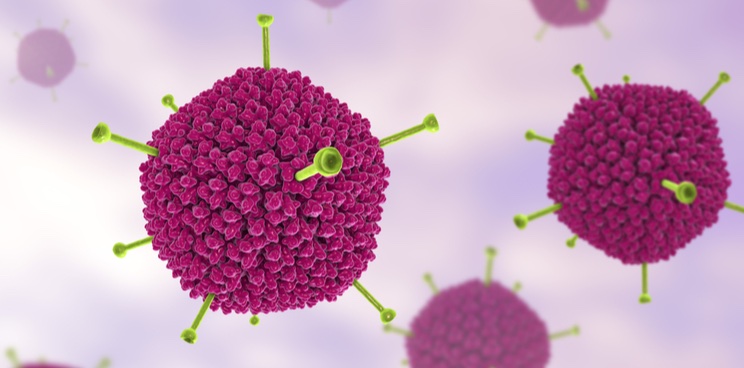Newsletter Signup - Under Article / In Page
"*" indicates required fields
An equity investment worth up to €50M will push to market Univercells’ manufacturing technology, which is designed to reduce the costs of viral vector production for gene therapies.
The investment comes from Gamma Biosciences, an investment platform supported by the US investor KKR. Gamma Biosciences aims to acquire and invest in businesses developing gene and cell therapy manufacturing technology and accelerate their growth.
Univercells will put the money into a newly created subsidiary that will scale up its biomanufacturing facilities and bioreactor products. The aim is to propel the technology towards the market, especially for manufacturing viral vectors used in gene therapies.
“KKR and Gamma will open access to an unparalleled global network, enabling accelerated production and delivery of the NevoLine and scale-X technologies and driving commercialization,” stated Hugues Bultot, CEO of Univercells.
Gene therapies have become increasingly attractive for companies and investors in the last decade, driven by the EMA and FDA approval of gene therapies such as Luxturna, Zolgensma, and Zynteglo for the treatment of rare diseases.
However, the manufacture of viral vectors in gene therapies is currently costly and hard to scale up. To help gene therapies really take off, these manufacturing bottlenecks need to be removed.
With its bioreactors and facilities, Univercells aims to minimize the costs of producing viral vectors. For example, its semi-automated bioreactors are designed to omit the need for certain steps in the current manufacturing process and require fewer materials to grow viral vectors. Its facilities, which contain the bioreactors, are intended to reduce the space and costs required.
There is a high demand for solving the issues with gene therapy and cell therapy manufacturing, and a number of other companies are similarly working to improve the process, such as industrial heavyweights Lonza and MilliporeSigma. Additionally, the UK startup Ori Biotech raised an impressive €8.7M seed round last month, with the aim of automating the manufacture of advanced therapies.
Images from Shutterstock






